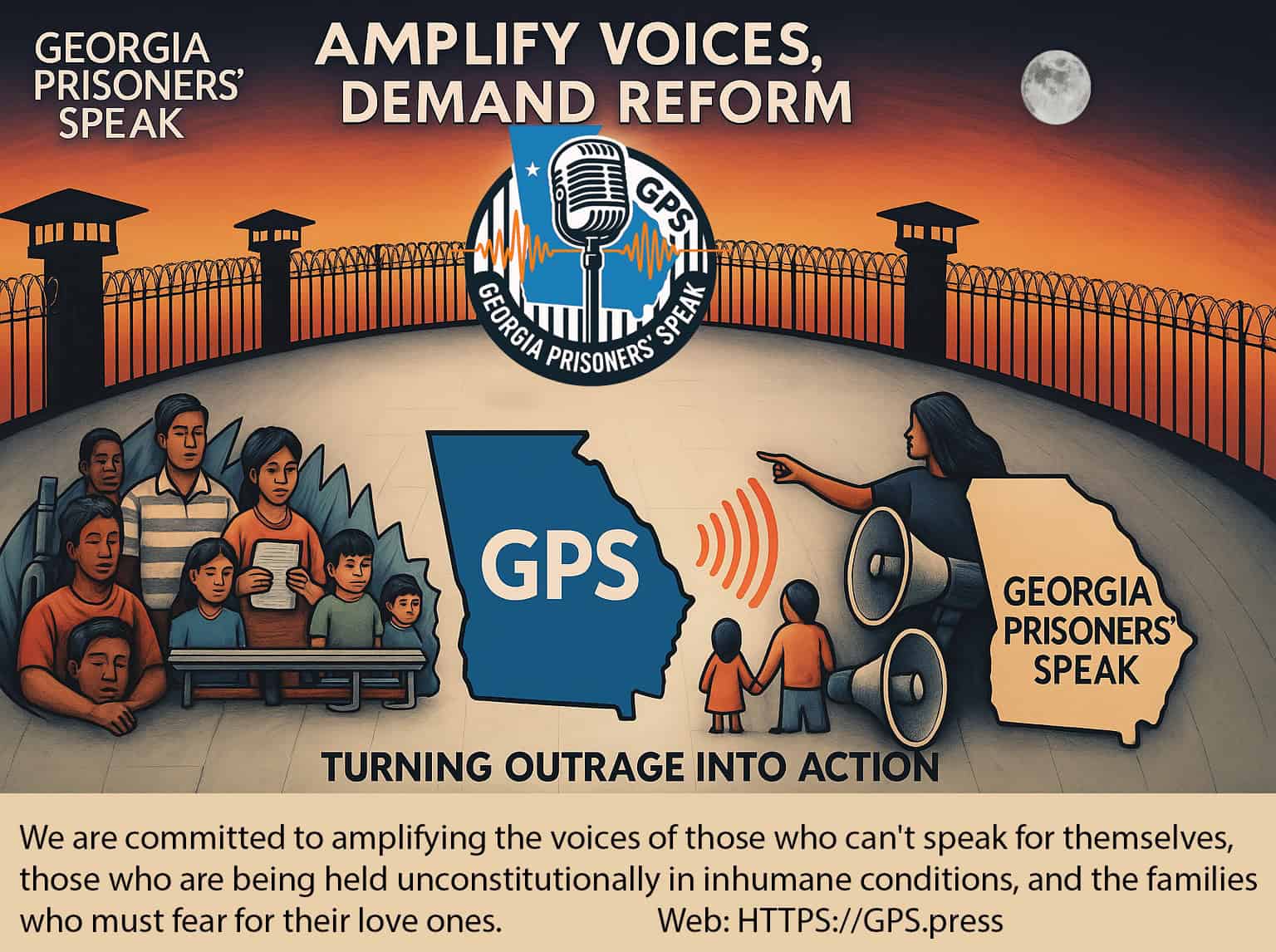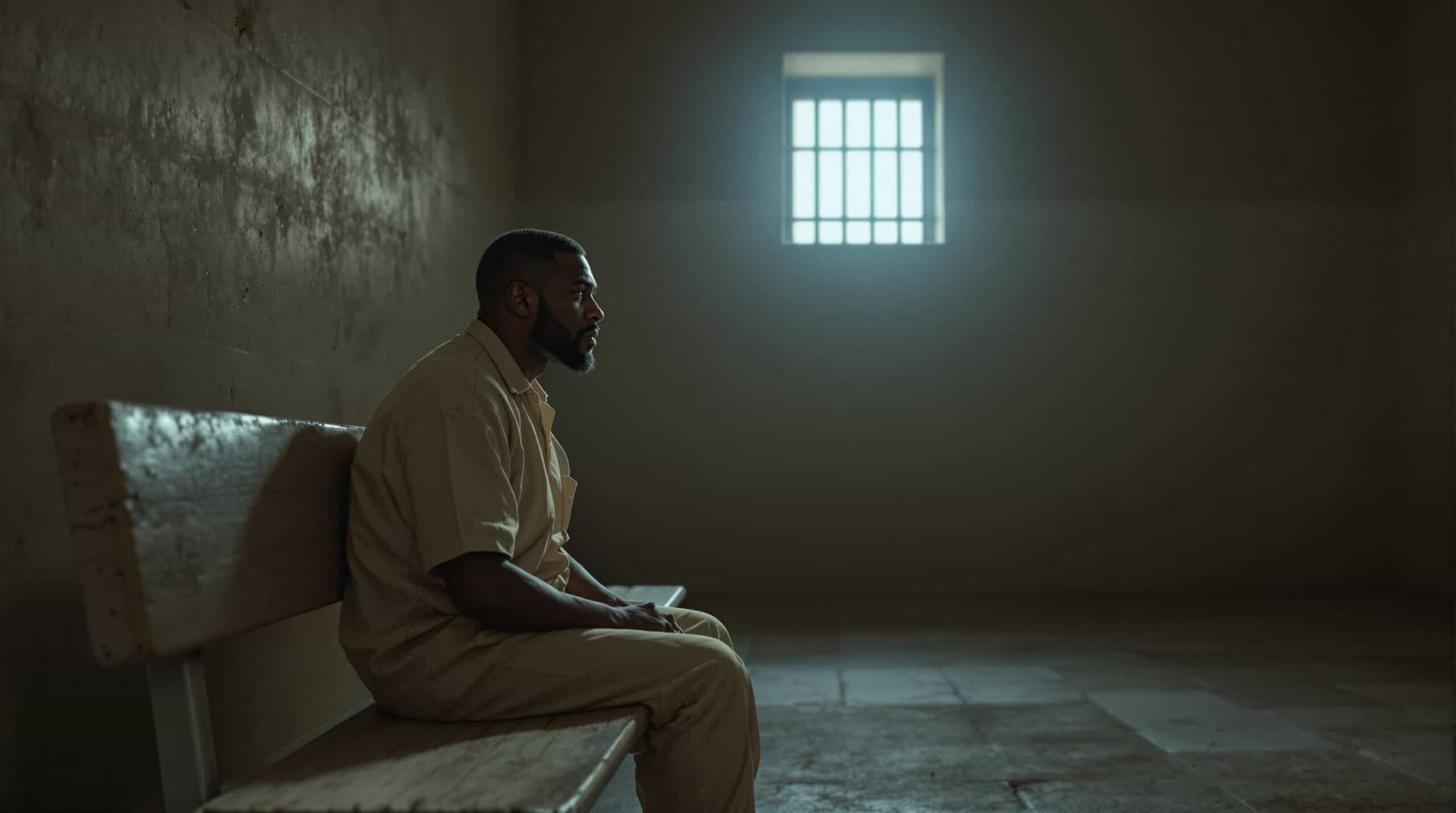An estimated 2,100 innocent people are imprisoned in Georgia right now. Only 47 have been exonerated since 1989. Exonerees spend an average of 11.5 years behind bars before being cleared. Since 1991, Georgia has compensated only 10 wrongfully convicted people—paying $7.9 million total. Eyewitness misidentifications cause 69% of wrongful convictions. Georgia’s justice system convicts innocent people, then makes it nearly impossible to prove their innocence. 1
The Scale of Injustice
Georgia’s wrongful conviction crisis in numbers:
- 2-5% of prison population—estimated to be innocent
- 2,100 people—likely wrongfully imprisoned
- 47 exonerations—since 1989
- 8 exonerations in 2021—showing the problem continues
These aren’t statistics. They’re innocent people trapped in a system designed to keep them there.
What Causes Wrongful Convictions
The same failures repeat:
- 69% eyewitness misidentification—unreliable but trusted
- 44% misapplied forensic science—junk science presented as proof
- Coerced confessions—pressure produces false admissions
- Inadequate defense—underfunded lawyers miss evidence
Johnny Lee Gates spent 41 years in prison based on a coerced confession. DNA testing in 2015 proved he wasn’t the perpetrator. The system imprisoned him for four decades on evidence we now know was worthless.
Barriers to Proving Innocence
Georgia makes exoneration nearly impossible:
- Outdated evidence laws—courts reject new evidence if it “could have been found earlier”
- Limited legal support—not enough attorneys for appeals
- No structured compensation—exonerees must navigate political sponsorship
- Proof of state fault required—most cases don’t qualify
Sonny Bharadia was convicted despite being 250 miles from the crime. It took years to get DNA testing that proved his innocence.
Life After Exoneration
Freedom doesn’t mean recovery:
- No savings—years in prison destroyed finances
- No employment—outdated skills and stigma
- Social isolation—lost years can’t be recovered
- Mental health trauma—PTSD and depression from wrongful imprisonment
Only 10 exonerees have received compensation in Georgia since 1991. The Georgia Innocence Project helps, but demand far exceeds resources.
Take Action
Use Impact Justice AI to send advocacy emails demanding wrongful conviction reform in Georgia. The free tool crafts personalized messages to Georgia lawmakers—no experience required.
Demand:
- Pass House Bill 1354 for structured compensation
- Update evidence laws to allow modern forensic tools
- Expand legal aid for post-conviction cases
- Support the Georgia Innocence Project
Further Reading
- Corruption Unchecked: How Mismanagement Fuels Georgia’s Prison Crisis
- The Cost of Silence: Why Transparency is Georgia’s Biggest Problem
- GPS Informational Resources
- Pathways to Success
About Georgia Prisoners’ Speak (GPS)
Georgia Prisoners’ Speak (GPS) is a nonprofit investigative newsroom built in partnership with incarcerated reporters, families, advocates, and data analysts. Operating independently from the Georgia Department of Corrections, GPS documents the truth the state refuses to acknowledge: extreme violence, fatal medical neglect, gang-controlled dorms, collapsed staffing, fraudulent reporting practices, and unconstitutional conditions across Georgia’s prisons.
Through confidential reporting channels, secure communication, evidence verification, public-records requests, legislative research, and professional investigative standards, GPS provides the transparency the system lacks. Our mission is to expose abuses, protect incarcerated people, support families, and push Georgia toward meaningful reform based on human rights, evidence, and public accountability.
Every article is part of a larger fight — to end the silence, reveal the truth, and demand justice.

- GPS Statistics, https://gps.press/gdc-statistics/[↩]
